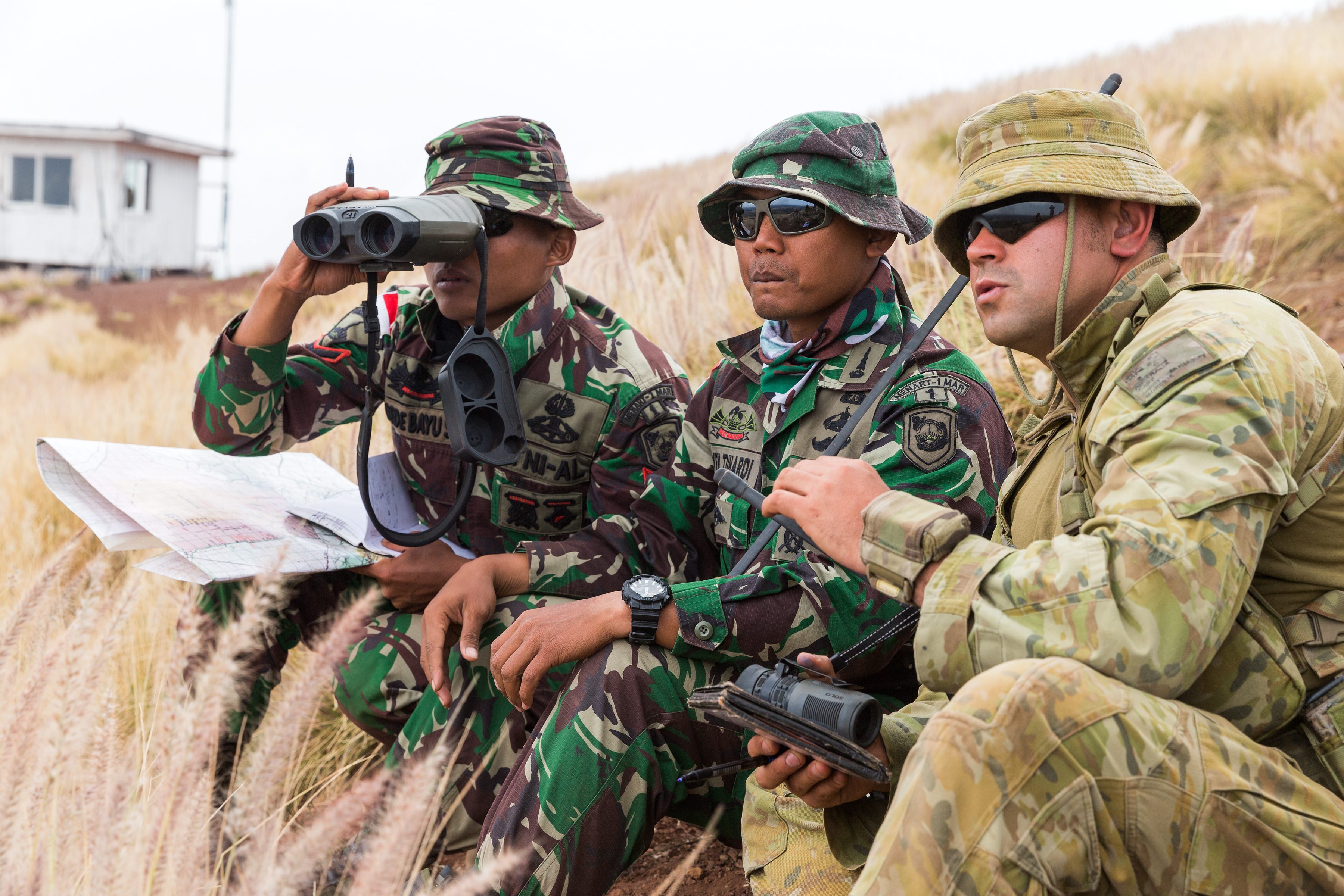
U.S. Pacific Fleet will host its major biennial Rim of the Pacific exercise this year amid the global COVID-19 pandemic, opting to limit the exercise to just two weeks of at-sea-only events rather than cancel the event altogether, the command announced tonight.
The event typically spans from June into August and includes at-sea events as well as in-port cultural events and military exchanges, and amphibious landings and ashore training for Marines and other ground forces.
This year’s 27th iteration of the exercise will run from Aug. 17 to 31 and will have a minimal footprint at Pearl Harbor, Hawaii, according to a Pacific Fleet news release.
“In these challenging times, it is more important than ever that our maritime forces work together to protect vital shipping lanes and ensure freedom of navigation through international waters,” Pacific Fleet Commander Adm. John Aquilino said in the release.
“And we will operate safely, using prudent mitigation measures.”
The U.S. 3rd Fleet-led exercise – with the theme of “Capable, Adaptive, Partners” – will be a “meaningful exercise with maximum training value and minimum risk to the force, allies and partners, and the people of Hawaii,” reads the news release.
The release did not state how many partners and allies would attend. In 2018, 26 countries participated, coming from the Indian Ocean, the South Pacific, South America, and more to gather in Hawaii for a unique training opportunity. Many of these smaller navies invest heavily in the exercise, building entire deployment schedules around getting their forces to Hawaii at the right time for the massive international event. Given the scaled-down nature of this year’s exercise, it is unclear what that will mean for participation.
This year’s exercise will include anti-submarine warfare, maritime intercept operations, and live-fire training events, the news release states.
“We remain committed to and capable of safeguarding allies and partners throughout the Indo-Pacific region,” Aquilino said. “The flexible approach RIMPAC 2020 strikes the right balance between combatting future adversaries and the COVID-19 threat.”





